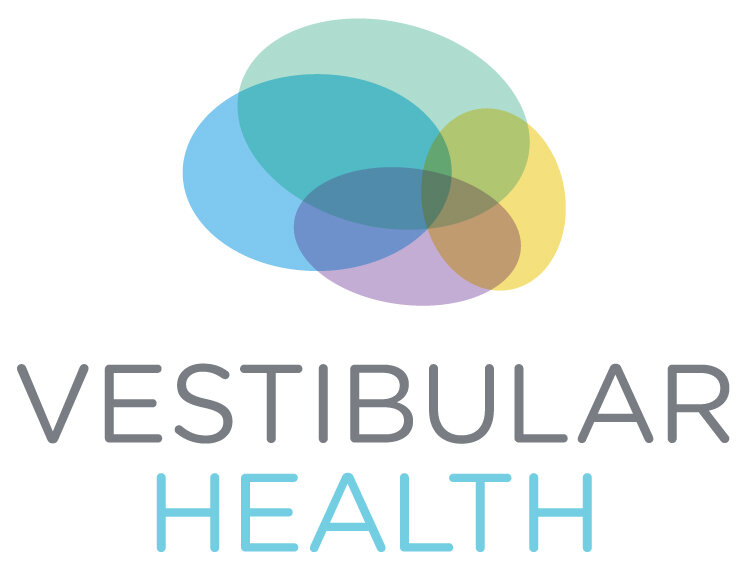How can I improve my balance?
Learn about how your balance works, what happens when something goes wrong, how to prevent falls, and how to improve your balance.
What is balance?
Balance is your ability to remain steady and upright both when still (static balance) and when moving (dynamic balance). The ability to maintain balance is often referred to as postural control.
Three different sensory systems are important for maintaining balance:
Vestibular system > the balance organs in your inner ear sense head movement and gravity
Visual system > your eyes provide information about where you are in relation to your environment and cues about vertical alignment
Somatosensory system > your body sense involves receptors in your muscles, joints, and skin that sense touch, pressure, position, and posture
The sensory signals from your body’s three balance systems (vestibular, visual, and somatosensory) are interpreted by your brain, which then sends signals to the muscles in your eyes, neck, and body. This generates the eye, head, and body movements required to keep your balance.
When these sensory inputs do not match up, it may cause you to feel dizzy or unsteady. You may feel dizzy or lose your balance if your vestibular, vision, and body senses are each telling your brain different things, or if you have lost function in one of these systems. You may also feel dizzy or unsteady if your brain is not interpreting these inputs properly.
What happens when I lose my balance?
Ideally, our system anticipates challenges to our balance and makes adjustments to our position and movements in order to stay upright. When you lose your balance, your balance systems sense this disturbance and your brain sends signals to your muscles to react.
Reactive balance strategies generate automatic movement patterns to keep you from falling:
Ankle > bending to sway at your ankle, this strategy usually happens with smaller and slower disturbances
Hip > bending to sway at your hip, this usually happens with faster disturbances or when standing on uneven or soft surfaces
Reach > moving your hand out to grab onto to something, this happens when there is a stable support within your reach
Step > moving your feet to widen your base of support, this usually happens with very large or fast disturbances or in situations that are new to you
How can I prevent falls?
Tips for preventing falls:
Wear flat shoes that fit well and have good traction
Eliminate tripping hazards (like loose rugs or objects on the floor)
Use handrails when they are available
Ensure good lighting (e.g. use night lights)
Use non-slip mats in the bathroom
Review medications with your doctor for side effects that could contribute to dizziness or fatigue
If you wear glasses, make sure your prescription is up to date
What can I do to improve my balance?
Stay active! Regular physical activity helps to keep you fit and mobile (e.g. walking, tai chi, yoga).
Stay strong! Exercises that strengthen your leg muscles can help improve your balance and reduce your risk of falling. Squats and heel raises are great examples of exercises that can build strength.
Keep your feet and ankles mobile. Exercises and stretches that maintain range of motion in your ankles can help you to react and recover more efficiently if you lose your balance. For example, stretching your calf muscles helps ankle mobility.
Train your balance with specific exercises. These balance training exercises can include standing with different foot positions, with eyes closed, on different surfaces, adding head movements, stepping, turning, and working on reactive balance strategies. You need to challenge your balance in a safe way, so consult with a vestibular rehab physiotherapist to find balance exercises with the right level of challenge for you!
Work on specific vestibular therapy exercises to improve compensation for vestibular loss (e.g. gaze stability exercises) and to improve dizziness triggered by head and body motion (e.g. habituation exercises). A full assessment with a vestibular rehab physiotherapist will determine if these exercises will help you.
How can I get help for my balance?
A physiotherapist with special training in vestibular rehabilitation can do an evaluation of your vestibular function, eye movements, body position sense, coordination, and balance abilities and give you individualized advice and a tailored exercise program for balance training.
Our clinic is focused on assessing and treating dizziness, vertigo, and balance problems. Our vestibular rehab physiotherapists are experts in helping people with inner ear disorders, concussion, and other conditions that cause problems with balance. We would be happy to help!
For more resources on falls prevention: parachute.ca
“Physiotherapists are wonderful - they put the specific issue into the context of how the WHOLE body works. I have learned so much about my balance - understanding how it works is so fundamental to making it better.”
Patient with inner ear tumour

